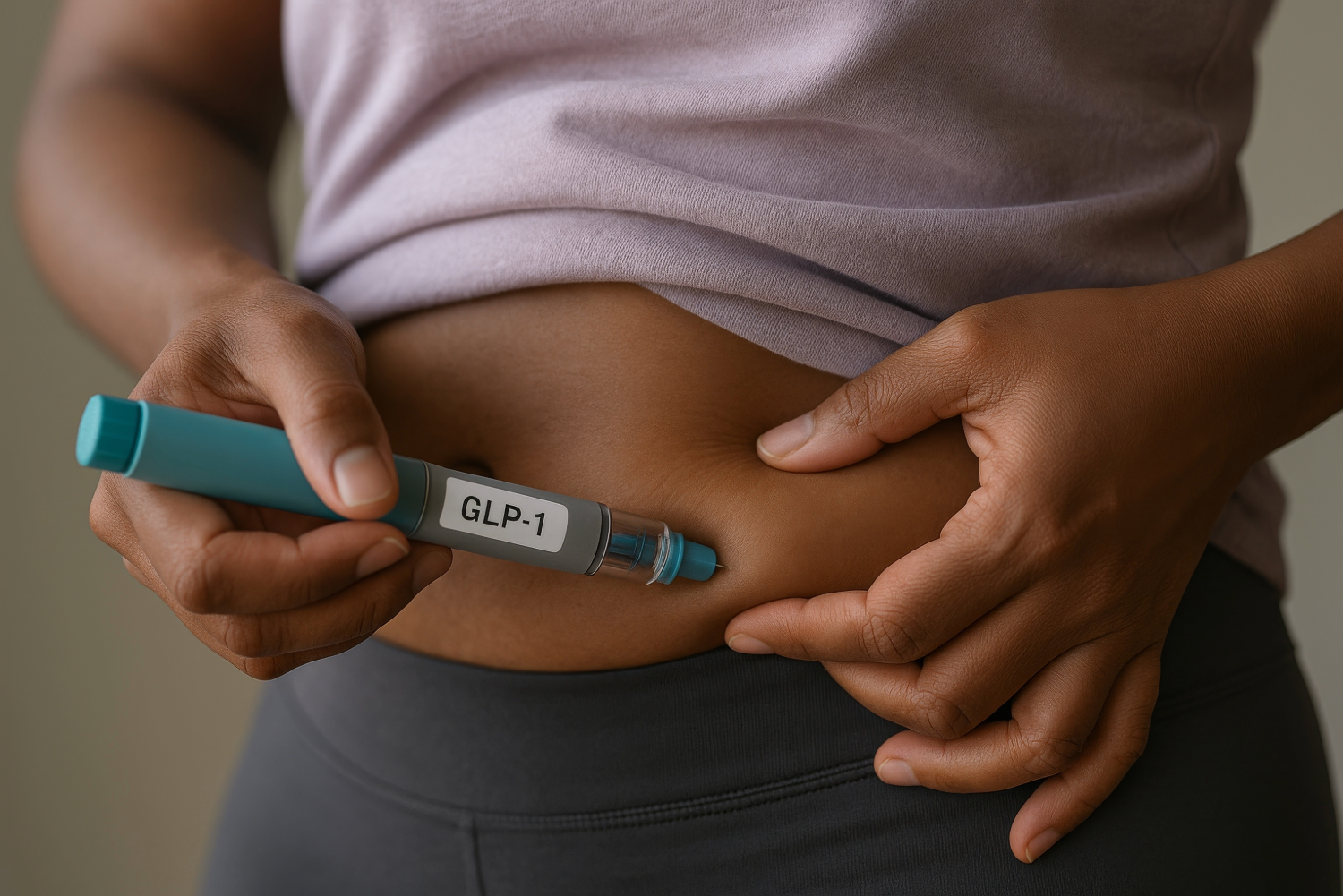News
Breast Cancer Risk: Do Fruits & Veggies Matter?
Consuming a diet high in fruits and vegetables is a key habit for obtaining and maintaining a healthy weight, and there is strong evidence that obesity or being overweight increases the risk of post-menopausal breast cancer. According to the American Cancer Society, at least 18% of all cancers and about 16% of cancer deaths in the U.S. are related to excess body weight, physical inactivity, alcohol consumption, and/or poor nutrition. However, when it comes to fruits and vegetables alone, the research is not as clear about these foods' direct link to lowering the risk of breast cancer.
A recent American Institute of Cancer Research (AICR) study published in the British Journal of Cancer, found that consuming high amounts of fruits and vegetables lowers the risk of breast cancer compared to eating smaller amounts. Additionally, the paper found that those with hormone receptor negative tumor types (not associated with estrogen or progesterone) saw an additional benefit of 26% reduced risk.
While the evidence linking diet and breast cancer is still being scientifically discovered, eating a hearty amount of fruits and vegetables still has several other health benefits. These plant foods contain important phytochemicals, fiber and nutrients the body needs for good health, maintaining a healthy weight, and for prevention of many chronic illnesses. The most recent AICR report found that fruits, vegetables and other foods containing fiber are important for preventing cancers of the colon and oral cancers.
The AICR recommends eating at least 3.5 to 5 cups of fruits and vegetables daily. Here are some tips for incorporating fruits and vegetables into your daily diet:
- Incorporate a variety of fruits and vegetables into breakfast smoothies.
- Add more veggies to your sandwiches or wraps.
- Have a salad with lunch and dinner.
- Add vegetables to soups, spaghetti sauces, and pizza.
- Incorporate fruits and vegetables into snacks.
- Make a choice to include at least 1-2 servings of fruit and/or vegetables every time you eat.
More News
-
New!
More

The Heart of It All: How Cardiovascular Health Shapes Longevity
Most of us know a healthy heart will increase our chances for a long and vital life, but how many of us truly understand how to live for a healthy heart? According to the American Heart Association, heart disease remains the number one cause of death, for both men and women, in the United States.
-
New!
More

GLP-1s and Your Health Journey: What You Need to Know
Interest in GLP-1 agonist medications, once used almost exclusively for diabetes, is soaring. Now widely referred to as weight loss injections, drugs like semaglutide (Ozempic, Wegovy) and tirzepatide (Mounjaro, Zepbound) are ubiquitous in celebrity chatter, social media and everyday patient conversations. But as demand grows, it’s increasingly important to separate hype from reality. Who qualifies for these drugs under FDA guidelines? When are they helpful? And when might carefully supported lifestyle changes offer a safer or more sustainable path?
-
New!
More

Back on the Slopes: How to Recover Physically and Mentally After a Ski or Snowboard Injury
Living in a ski town, injury is inevitable. Recovery isn’t just about regaining strength, it’s about building trust in your body. The best path back to skiing blends physical training with mental conditioning, patience with persistence. With the expert teams at Vail Health - from Howard Head Sports Medicine to Vail Health Behavioral Health - recovery is more than healing; it’s coming back stronger, smarter and more confident than before.





